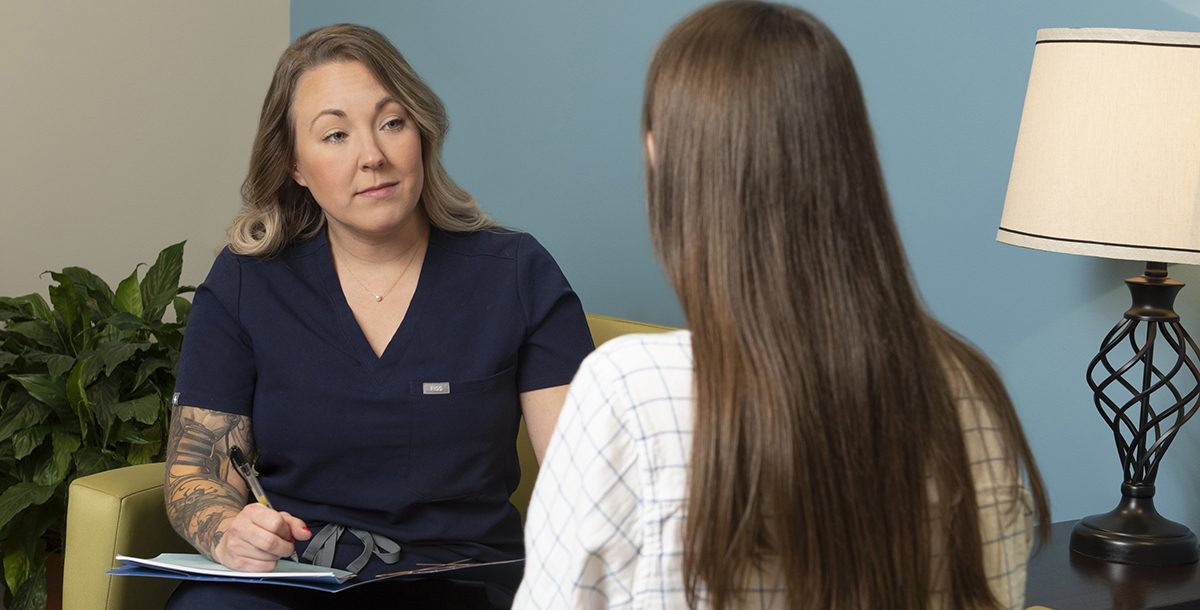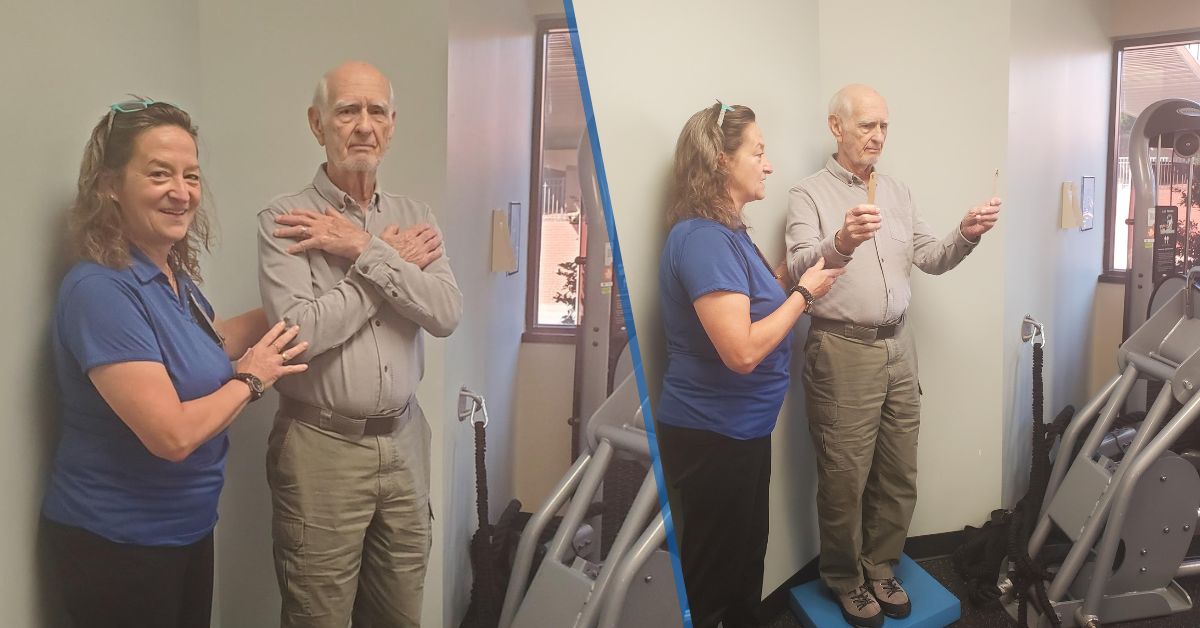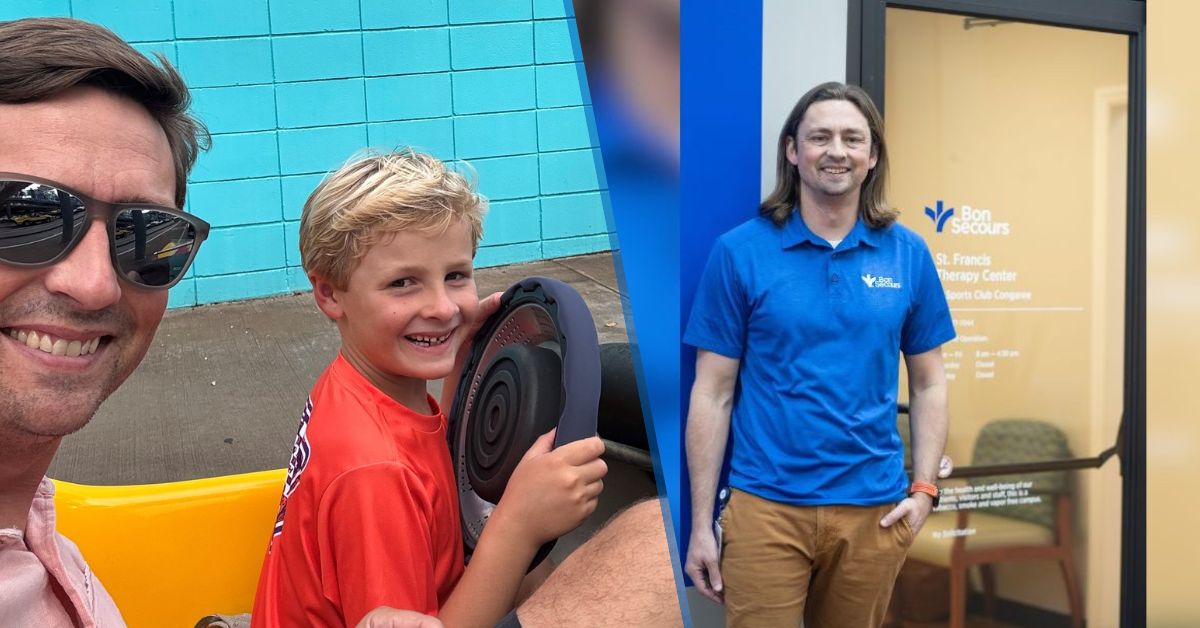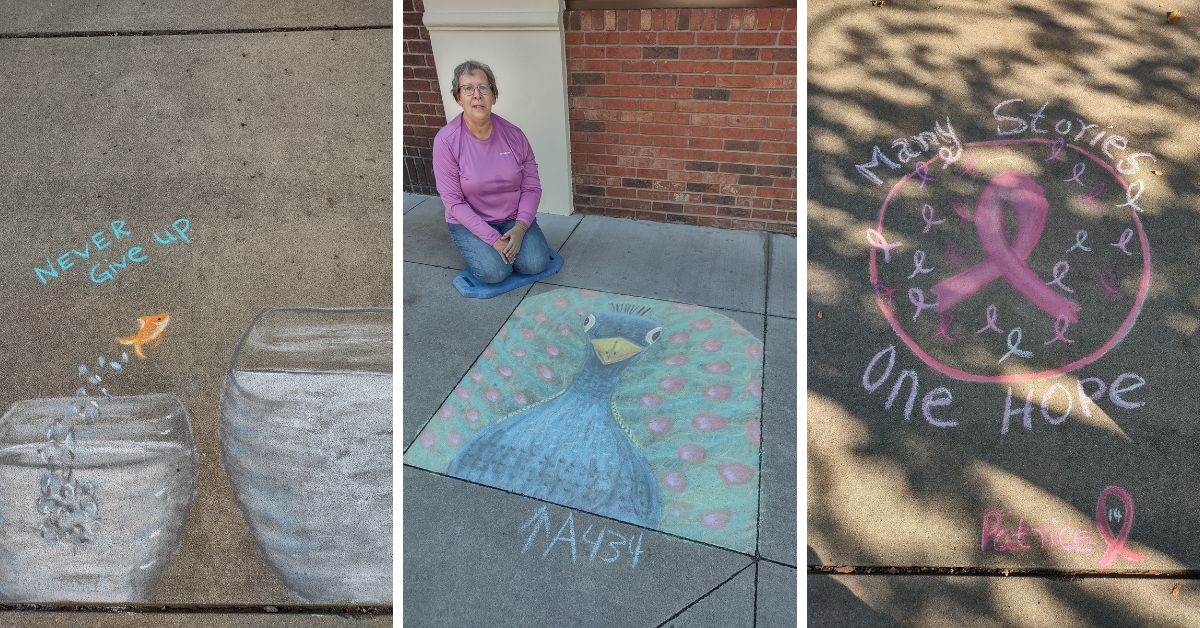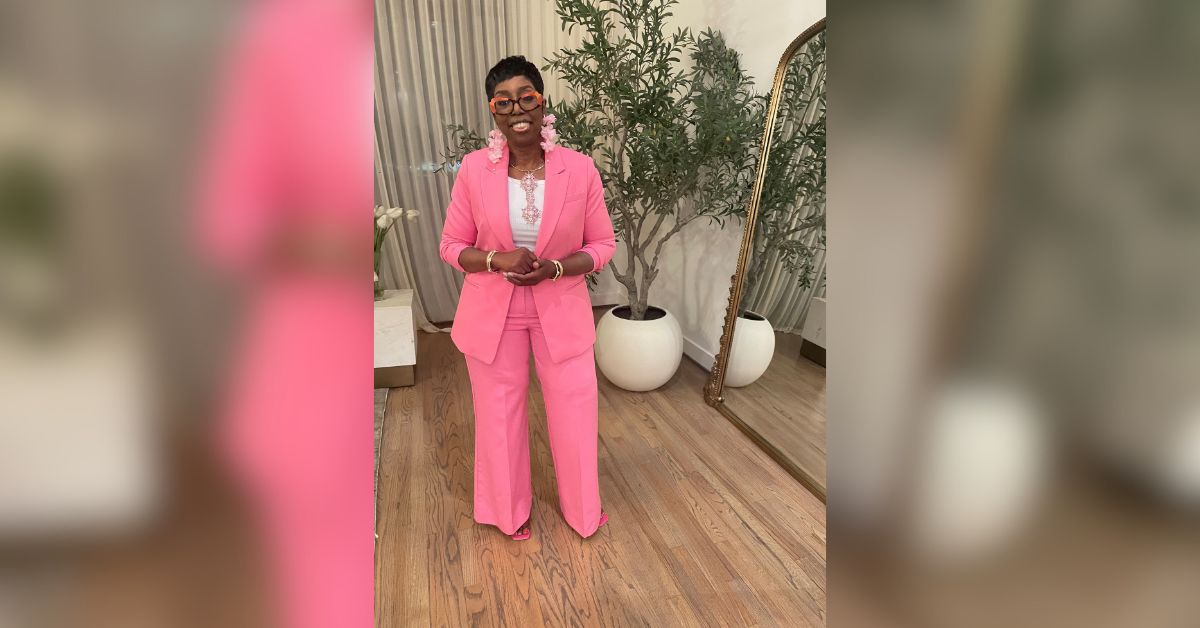Meet Ashley Balcombe, a forensic nurse in our Richmond, Va. market. As we work to bring awareness to National Human Trafficking Prevention Month this month, Ashley was kind enough to participate in a Q&A. Read below as she shares information about her role with our ministry.
Q: Can you describe your role at Bon Secours?
A: I am a forensic nurse. My team, the forensic services team, works closely with the victims of child abuse and neglect, sexual assault, physical assault, strangulation, adult abuse and neglect and human trafficking. Our team collaborates with community resources such as local law enforcement, department of social services, commonwealth attorneys and child advocacy centers to provide trauma-informed care to some of our community’s most vulnerable victims.
Q: How has your past experience prepared you to handle the day-to-day challenges you face in your job?
A: I was actually an emergency room nurse prior to becoming a forensic nurse. I would say that has prepared me tremendously to handle the challenges I face in my role as a forensic nurse. Being an emergency room nurse gave me confidence and the ability to care for multiple extremely sick patients at once. However now, as a forensic nurse, I’m able to keep my focus on one patient at a time to ensure they receive the best trauma-informed care during their worst day.
Q: Can you describe your response to being called upon to serve on the frontlines during the COVID-19 pandemic?
A: My reaction has always kind of been more “go with the flow.” Challenges are always there but stressing over them won’t benefit our patients. I just take things one day at a time.
Q: Describe some of your main responsibilities throughout any given day.
A: As a forensic nurse, we see patients that come in through the emergency department who report a type of violence. We also see admitted patients that staff members have concerns about regarding things like adult abuse/neglect or human trafficking, or if a patient has voiced something concerning during their admission.
Our forensic exams always occur after a patient has been medically cleared by a provider. We typically gather a more in-depth history from the patient about what occurred and what brought them to the hospital in order to help them get the best medical care possible. If needed, we can collect evidence and take photographs. After we finish a forensic exam, we type up a chart separate from the patient’s medical record.
Q: What do you enjoy the most about your job?
A: I love the autonomy. Every exam is different. I enjoy being able to give my full attention to one patient at a time as our exams can last several hours. But most importantly, I love when I can see a patient’s demeanor change from fear to hope. It means the world when a patient tells me that I’m their reason they’ve finally been able to smile.
Q: How have you seen the faith-based aspect of our ministry lived out?
A: By providing free care to those in need, like when we have patients that need follow-up HIV testing and we are able to recommend them to the Care-A-Van.
Q: And finally, how do your teammates support each other? What would you like to say to them?
A: Not to sound biased, but my team is the absolute best team. Every single one of my colleagues would bend over backwards to help anyone and everyone. We work so well together that sometimes we don’t have to say a word to someone when we need help, because they’re already helping you.
I would like to say thank you. Thank you to my team for embracing me in this field, teaching me and learning new things with me. I’m very grateful for the team I have.
We are so proud of Ashley as well as all our forensic nurses who proudly makes an impact every day in the Richmond community. At Bon Secours, nurses mean the world!
Learn more about our forensic nursing program. Also, learn how you can join our nursing team today.

